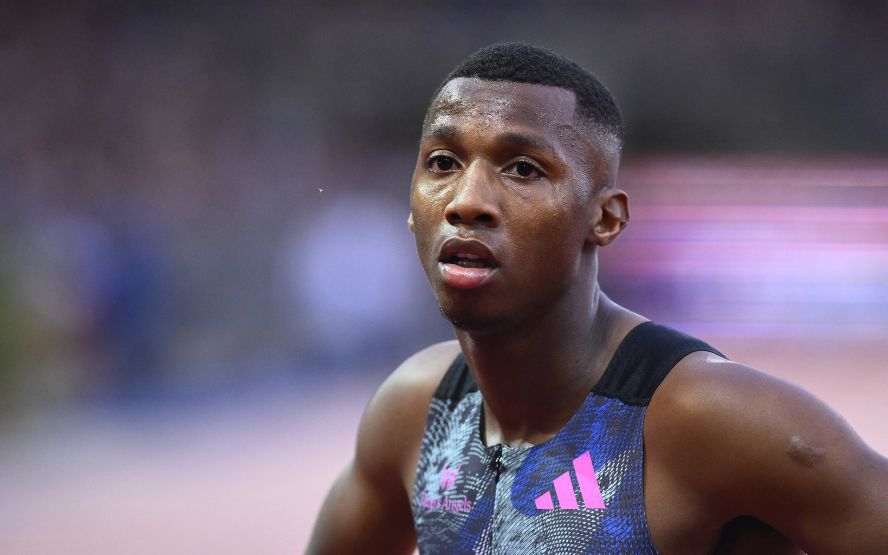American sprint sensation Erriyon Knighton has vowed to continue his fight against a four-year doping ban after the Court of Arbitration for Sport (CAS) ruled against him. The 21-year-old, widely seen as the heir to Usain Bolt’s sprinting legacy, insists that the decision is unjust and says his legal team is considering an appeal at the Swiss Federal Tribunal.
Knighton was originally cleared in June 2024 when an arbitration tribunal ruled in his favor following a positive test for a metabolite of trenbolone, a banned anabolic agent. The tribunal determined that the sprinter was not at fault or negligent, as the substance likely entered his system through contaminated meat. Supporting evidence included an independent investigation in which oxtail from the same restaurant Knighton had eaten at tested positive for traces of trenbolone.
Despite this, World Athletics and the World Anti-Doping Agency (WADA) appealed the ruling, leading to CAS overturning the decision and imposing a four-year suspension. The timing of the verdict, just hours before the start of the 2025 World Athletics Championships in Tokyo, forced Knighton out of the competition where he was set to contest the 200m and 4x100m relay.
Knighton’s representatives have strongly condemned the ruling, calling it inconsistent and politically motivated. They argue that the case presents stronger contamination evidence than other high-profile cases, including that of Chinese swimmers whose exonerations WADA chose not to challenge. They further claimed that the appeal appeared to be influenced by tensions between WADA and the United States Anti-Doping Agency (USADA).
The young sprinter maintains that he has never deliberately doped and has been unfairly punished for an incident beyond his control. His camp insists the CAS decision disregarded clear scientific evidence and undermined the credibility of the initial tribunal ruling.
Knighton, who has already achieved multiple world championship medals, now faces an uncertain future as he awaits the outcome of his legal team’s next steps. His supporters argue that the case represents a broader issue in anti-doping enforcement, where inconsistencies and political undertones continue to affect athletes’ careers.
For now, the American prodigy remains sidelined, but his message is clear: the battle is far from over.

